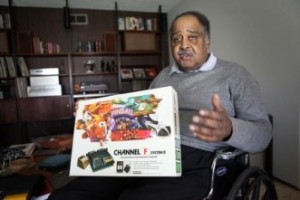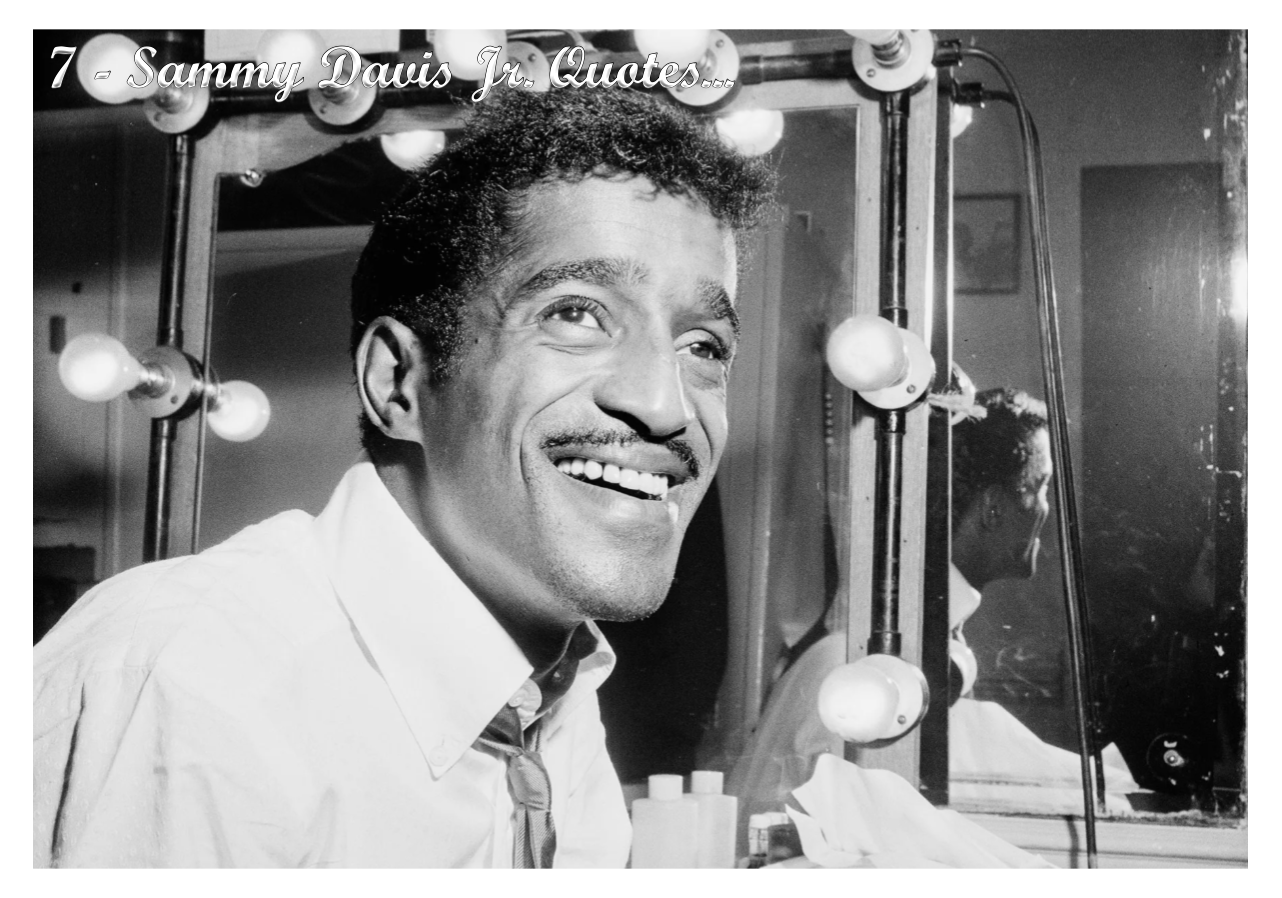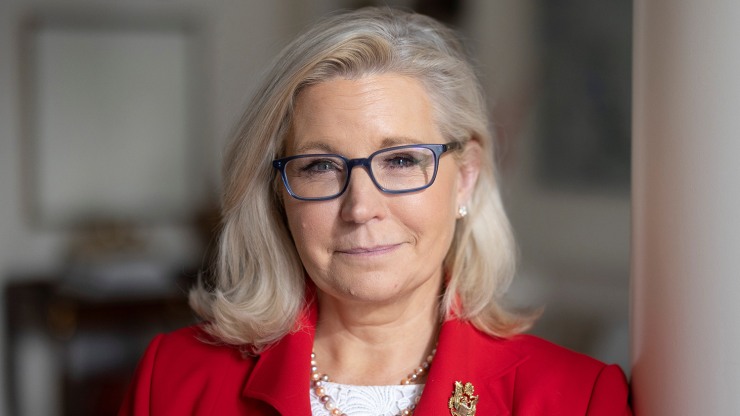(ThyBlackMan.com) On Friday the International Game Developers Association will honor Jerry Lawson for all he’s done to move the state of the art forward.
The honor has been a long time coming.
It was back in the mid-1970s that Lawson developed the first video game console system, breaking ground in more ways than one. You see, Lawson, 70, is black. And while we often try to pretend that’s neither here nor there, the truth is it is here — and it was even more-so there, when Lawson arrived in the valley in 1968.
Lawson started at Fairchild Semiconductor in 1970, when there were very few black engineers working in the valley. Within a few years he was launching and running the new gaming division, where he developed the Fairchild Channel F, a console that allowed players to change out cartridges  loaded with games like “Video Black Jack,” “Maze, Cat and Mouse,” “Spitfire” and “Space War.”
loaded with games like “Video Black Jack,” “Maze, Cat and Mouse,” “Spitfire” and “Space War.”
Few at the time thought anyone could develop a console around its own microprocessor, which is what Lawson did. “The whole reason I did games was because people said, ‘You can’t do it,’ ” Lawson, of Santa Clara, says. “I’m one of the guys, if you tell me I can’t do something, I’ll turn around and do it.”
He is one of those guys, and that determination drove him to invent the console, develop a series of games with a team that reached 30, start two companies and persevere despite diabetes that resulted in his losing a leg and the sight in one eye several years ago.
It’s the way engineers are, and the way innovation happens. Every time you see an Xbox or PlayStation or Wii, you should think of Jerry Lawson. He was the first, and though the Channel F was soon eclipsed by the Atari console, he was there at the dawn of what is now a $20 billion industry in the United States.
“He’s absolutely a pioneer,” says Al Alcorn, the Atari co-founder and Pong developer who competed with Lawson. “When you do something for the first time, there is nothing to copy.”
You have to think of everything, he added. “The cartridge: How to avoid static shock and people putting it in backward?”
It’s the little details, the trial and error, the what-ifs, that have intrigued Lawson since he was a little kid growing up in public housing in Queens, N.Y. He set up a mini-lab (two chemistry sets) in his bedroom. When he was about 12, he started building a ham radio transmitter from a manual.
“I built it and it worked,” he says. “I think the greatest joy I ever had in my life was when I put that thing together by myself with nobody helping me.”
Lawson says it was his mother and one special teacher who instilled in him the belief that he could do whatever he set his mind to. His mother stressed education, sending him to a superior public school across town that was nearly all-white. Mrs. Gubel taught first grade at that school, and she conspicuously placed a picture of George Washington Carver, a man who went from slave to accomplished scientist, on the classroom wall near Lawson’s desk. This is what you can do, she told him.
“I’ll never forget that woman for that,” Lawson says. “It was that kind of thing that made a difference.”
After he left Fairchild in 1980, he started Videosoft, which during a five-year run produced several games and contracted with prominent companies in the industry. He’s since taken on consulting jobs, including one in the 1980s with musician Stevie Wonder. The singer had an idea for a Wonder Clock, which would wake a child in the morning with the sound of his or her mother’s voice.
It never made it to production, but Lawson still remembers his thoughts when Wonder first reached him by phone: “If it ain’t Stevie Wonder, it’s Rich Little.”
He’s slowed down a bit. His impressive 6-foot-6 frame is now folded into a wheelchair. But he intends to be at the Game Developers Conference Friday afternoon networking event in San Francisco, where he’ll be introduced as a gaming pioneer. It’s an honor that came as a sudden surprise.
The idea of celebrating Lawson was born about three weeks ago when John Templeton, a San Francisco publisher who’s highlighted the accomplishments of black technologists, asked an acquaintance with the developers association whether the group ever planned to recognize Lawson. The association is the world’s largest nonprofit trade organization for game developers. Joseph Saulter, who leads the association’s diversity committee, told Templeton that his mention of Lawson was the first he’d ever heard of him.
“I was really very emotional about it,” says Saulter, founder of Entertainment Arts Research, an Atlanta-based gaming and media company. “As a matter of fact, I started crying — just for somebody like him to be left out.”
And so while the association and its many committees periodically hold formal award ceremonies — honoring the developers of “Donkey Kong” and “Tetris” and games such as “Grand Theft Auto” — the salute to Lawson will be a more informal affair.
Saulter, who is black, says Lawson had waited long enough, and delaying his recognition for a more formal ceremony simply wouldn’t be right. Lawson’s story is too important, says Saulter, particularly to the tiny percentage of those working in gaming who are black. “It’s inspirational for me,” he says, “because it gives me a foundation to say, ‘We go back to the whole foundation of this gaming arena. I belong here.’ ”
As important, says Templeton, Lawson is an inspiration to young blacks who might wonder whether there is a place for them in the gaming industry. Seeing, as they say, is believing.
Which is to say that Lawson’s overdue turn in the spotlight might well be his own Mrs. Gubel moment.
Note: Mr. Lawson recently passed away on April 11, 2011…
Written By Mike Cassidy
Official website; http://www.mercurynews.com

















Leave a Reply